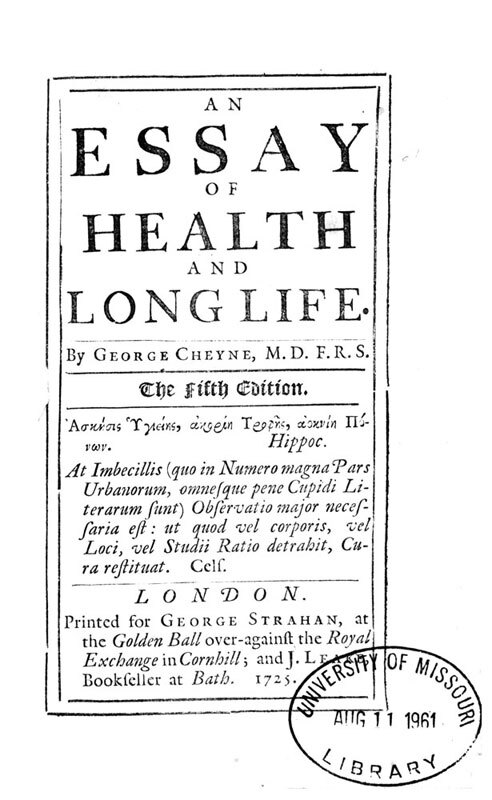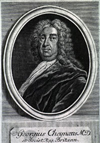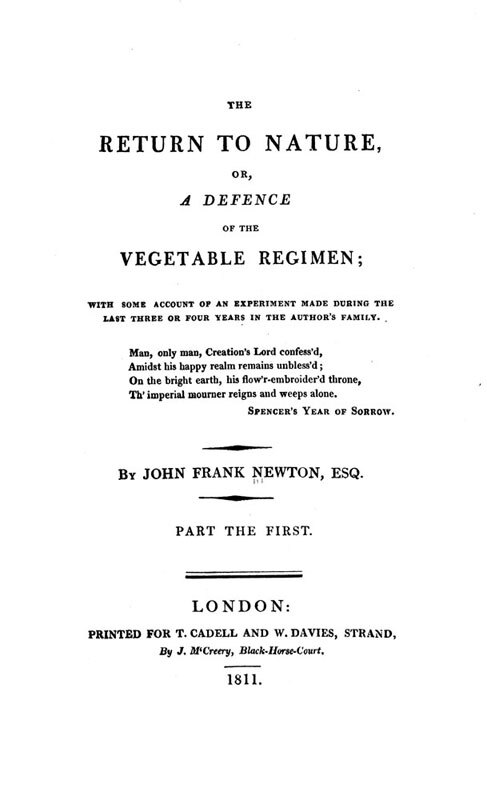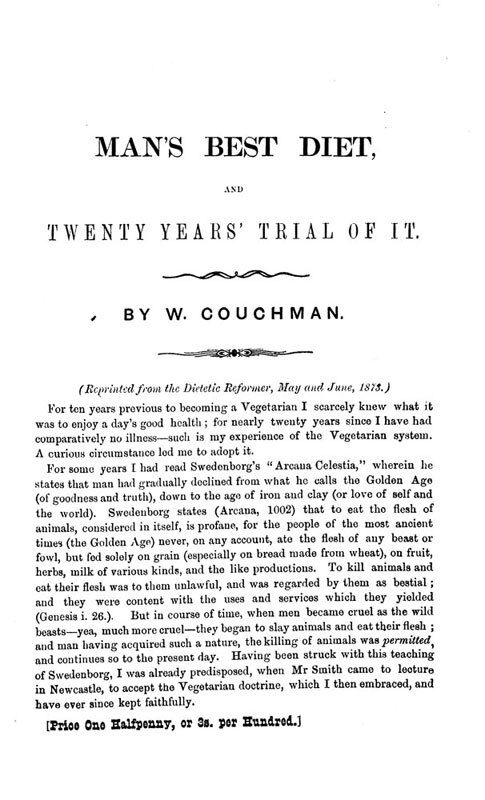Food Revolutions: Science and Nutrition, 1700-1950
Vegetarianism
Vegetarianism has existed since antiquity. In the West, early modern vegetarians often abstained from meat, but consumed eggs and milk. At first, most tended to do so for health or religious reasons, but toward the nineteenth century, animal welfare also became an issue.
Dr. William Lambe (1765-1847) was one of the first public advocates of vegetarianism in England. He originally adopted the regimen for health reasons, but soon became convinced that eating meat was cruelty and a sin. His views influenced the poets Percy Bysshe Shelley and John Keats, among many others.
In the United States, the first prominent vegetarian was Sylvester Graham (1794-1851), a Presbyterian minister. Graham thought meat and animal products contributed to lust. To avoid this sin, followers of Graham’s diet ate fruits, vegetables, whole grains, and very small portions of milk, eggs, and cheese. Spices, wine, and stimulants were prohibited. Graham’s diet lives on today in one of his health food inventions: the Graham cracker.
Health and Long Life

George Cheyne (1673-1743)
An essay of health and long life (London: Printed for George Strahan, and J. Leake, bookseller at Bath, 1725)
WZ260 .C521eh 1725

Around 1700, George Cheyne was an unemployed physician scraping by as a mathematics tutor. By 1705, he suffered a mental and physical breakdown which, ironically enough, focused the rest of his career and life. His later writings on mental health, diet and physical fitness made him one of the best-known doctors in England.
As a result of his collapse, Cheyne gained a considerable amount of weight. He lost the weight with a strict diet of milk and vegetables, to which he adhered for most of his life. He published the diet and described his return to health in An Essay of Health and Long Life. Cheyne’s writings combined morality and health. He argued that health was the responsibility of the individual, and that to neglect one’s health was a sin.
The Return to Nature

John Frank Newton
The return to nature, or, A defence of the vegetable regimen (London : Printed for T. Cadell and W. Davies, by J. M'Creery, 1811.)
TX392 .N4 1811
Little is known about John Frank Newton, but he seems to have been a follower of Dr. William Lambe, a prominent vegetarian whose writings influenced Shelley, Keats, and many others.
In this book, Newton claims that a diet of vegetables and distilled water cured him of an unspecified disease from which he suffered from childhood. He gives few specifics about the diet, but instead devotes most of the book to a defense of vegetarianism in general. He draws on the Bible for his argument against eating meat:
Adam and Eve had before them in Paradise, viz. the vegetables and the animals; over which, dominion was given to man, not surely that he should rob them of all they have, their lives; a permission irreconcilable with a state of perfect innocence; but that he might render them serviceable to himself in cultivating the earth, and in other respects.
Man’s Best Diet

William Couchman
Man's best diet, and twenty years' trial of it (Dunfermline [Scotland] : W. Clark & Son, [ca. 1875])
BF1042 .S65 1875
William Couchman arrived at vegetarianism through the teachings of Emanuel Swedenborg, an eighteenth-century scientist and mystic who taught that meat-eating was unnatural and immoral.
Couchman presents several arguments in favor of vegetarianism. He claims that his diet improved his health dramatically. He draws on scientific studies, including Justus Liebig’s work on food chemistry, to show that people do not need meat to survive. Finally, like Swedenborg, Couchman contends that eating meat makes people fierce, competitive, and cruel, like carnivorous animals.
Would you have your children become more turbulent, quarrelsome, fierce, or revengeful; hating and hateful; more like beasts of prey? Then give them flesh. But would you not rather render them more lamb-like and of heavenly disposition? – then feed them on vegetable diet.
Couchman also includes several vegetarian recipes in this publication.